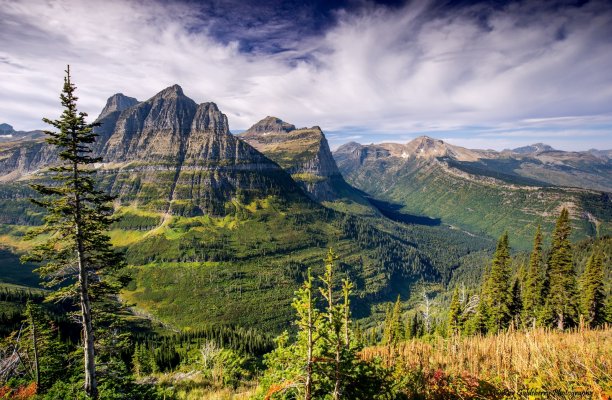Not FIRED yet but planning.
Gardening and going to the gym would probably my first go to activities in retirement.
Reading many of the posts here and seem that photography is a very popular hobby among retired people. And the works posted are very impressive.
How much $ should I budget if I want to pick up photography as a hobby? Is there a list of basic items to get it started? I would assume one would need more than just a phone.
Gardening and going to the gym would probably my first go to activities in retirement.
Reading many of the posts here and seem that photography is a very popular hobby among retired people. And the works posted are very impressive.
How much $ should I budget if I want to pick up photography as a hobby? Is there a list of basic items to get it started? I would assume one would need more than just a phone.
Last edited:


